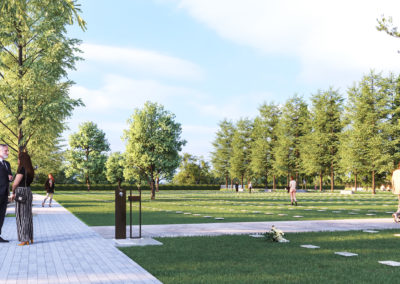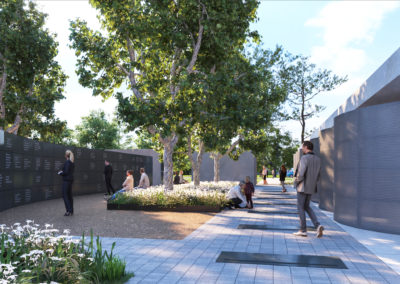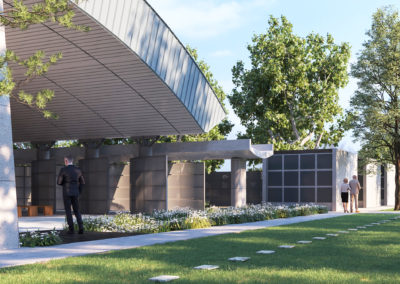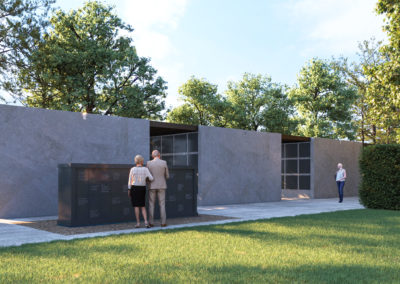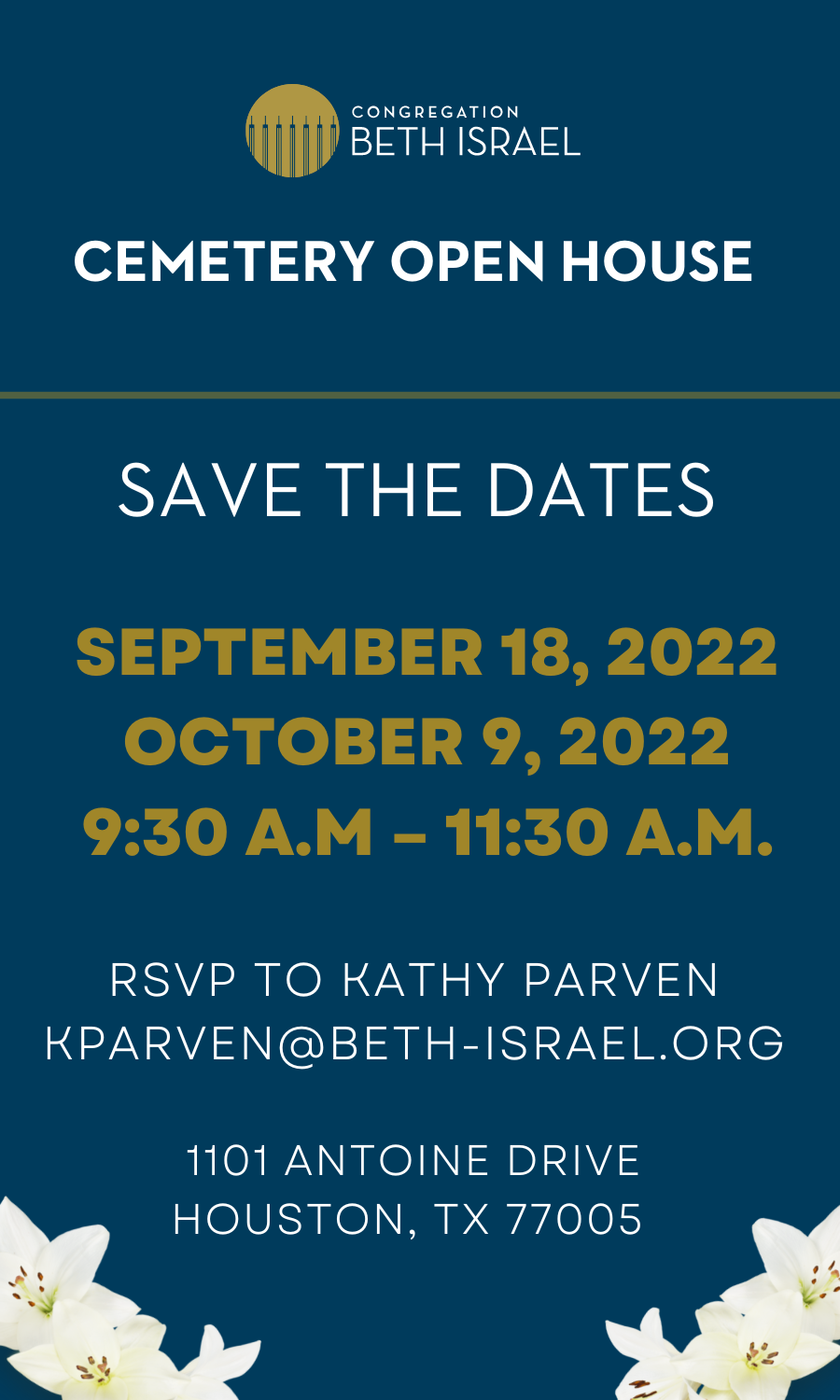Click here for Special Open House Events and Pricing Information
Dear Beth Israel Families,
Judaism describes “mitzvot” that are without measure, whose reward, too, is without measure. They include the obligation to honor one’s father and mother, to perform acts of loving-kindness, to rejoice with bride and groom, and to console the bereaved. It is this last obligation, to console the bereaved, that is a focal point in Jewish communities. Long before a synagogue is built in a new community, a cemetery is established. It’s reasoned that one cannot know the day of one’s death, so the sacred duty to accompany the deceased to a sacred burial ground and to console the bereaved must be readied.
At Congregation Beth Israel, the obligation to accompany the deceased to a sacred burial ground and to console the bereaved has been honored by generations of Jews in Houston, since Beth Israel’s first cemetery on West Dallas Street was established in 1844, ten years before the congregation was organized. The names of those who are buried there and those who are buried in “Strangers Row,” attest to the significant and honored rituals that were kept and maintained from generation to generation.
Beth Israel Memorial Garden on Antoine Drive continued the legacy of perpetual care for the deceased and their bereaved families. Acres of land, beautifully groomed and maintained, and set against the magnificent design of the Proler Chapel, daily welcome those whose loved ones are currently interred there, and those who anticipate a day when they will accompany their loved ones to their final resting place, too.
In recent years, an increasing number of requests from the Jewish community have been made for cremation. For many reasons, chief among them financial and environmental, the rate of cremations has increased dramatically. Though Reform Judaism doesn’t advocate for cremation, it doesn’t prohibit cremation, either. In the past, cremains, as they’re called, were delivered by the funeral home to the family for safekeeping. But it’s also become known that the box containing the cremains has remained in a less than sacred space. At Beth Israel, beginning almost 100 years ago, niches were built into the West Dallas Street mausoleum building. Families respectfully placed cremains in a beautiful box or urn and permanently installed it into a niche, much like a casket might be permanently installed into a crypt.
At Beth Israel Memorial Garden on Antoine Drive, the new cemetery master plan will include many new plots for in-ground burial on the north side of the Proler Chapel, and, for cremains, a columbarium to the south side of the Chapel. A columbarium is a raised space with niches for the interment of cremation boxes or urns. Like a marker on a grave, these niches will be covered by a stone with the name, date, and a few words to remember one’s loved one. As in a graveside service, Beth Israel clergy will be available to lead a sacred service for the interment of cremains into the niche. In every way, honored rituals and traditions led by our clergy at the graveside or at the columbarium will assure us in our grief that we have honored the lives that have been taken from us. Prayers, psalms, and eulogies are the beginning of our consolation and comfort.
My hope is that we should all live well and long, but when the time comes, we should also know that a sacred life will be honored by a sacred service in Beth Israel Memorial Garden.
Before the time arrives for services in the cemetery, please know that pre-need and purchase of a cemetery plot or niche is highly recommended. Such steps do not hasten death; rather they provide peace of mind to the entire family. Your Beth Israel clergy and staff are available to respond to your questions and to assure you of our dedication to your family’s needs.
L’Shalom,
![]()

